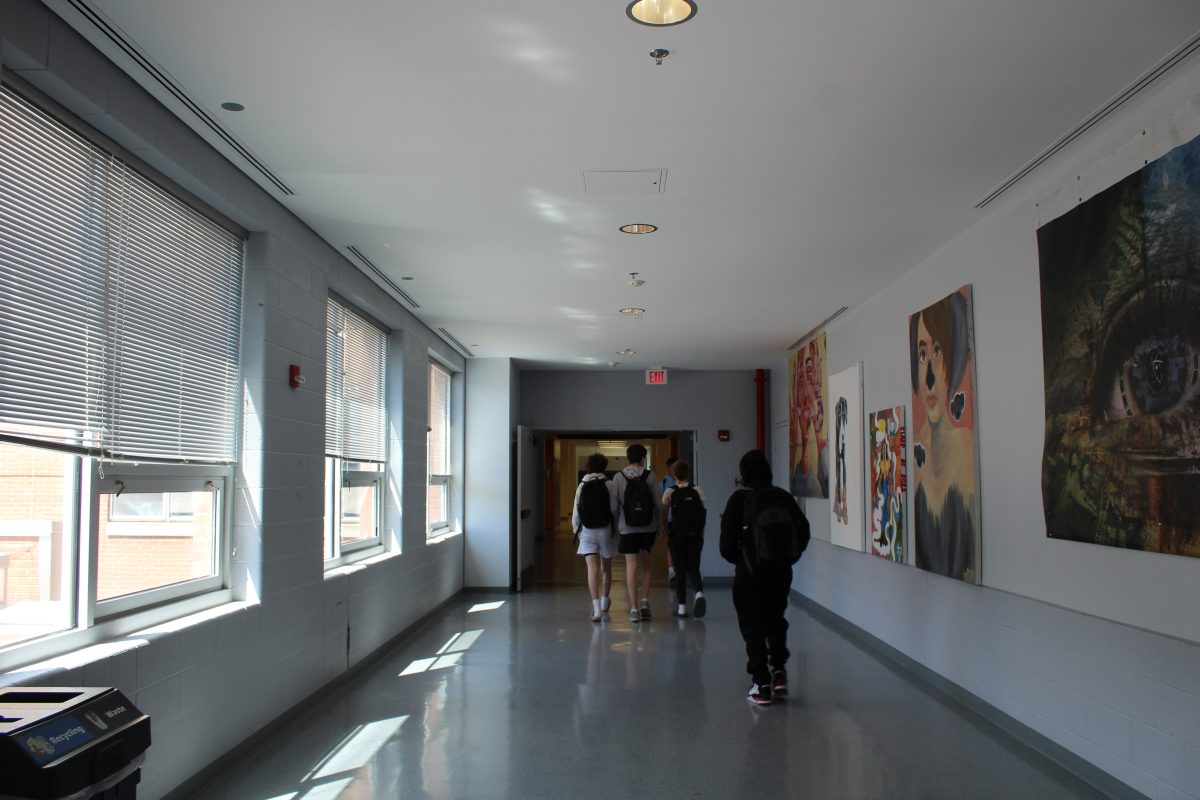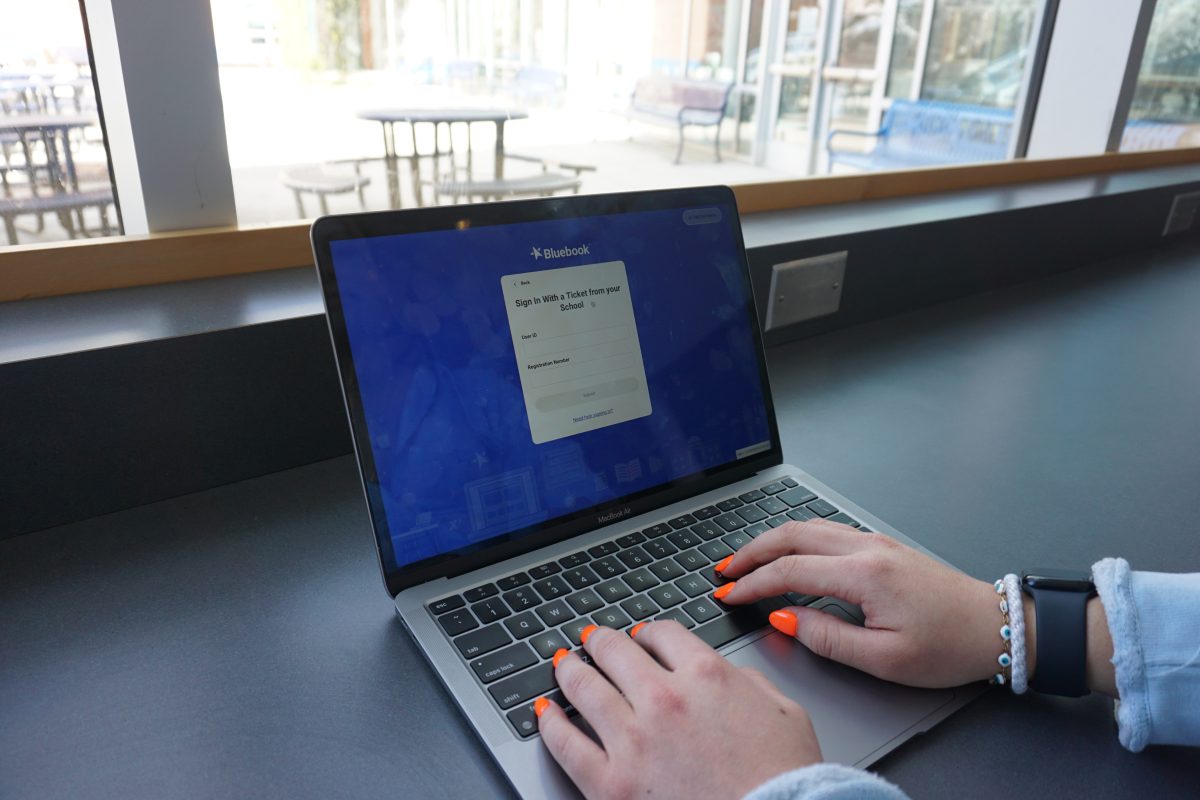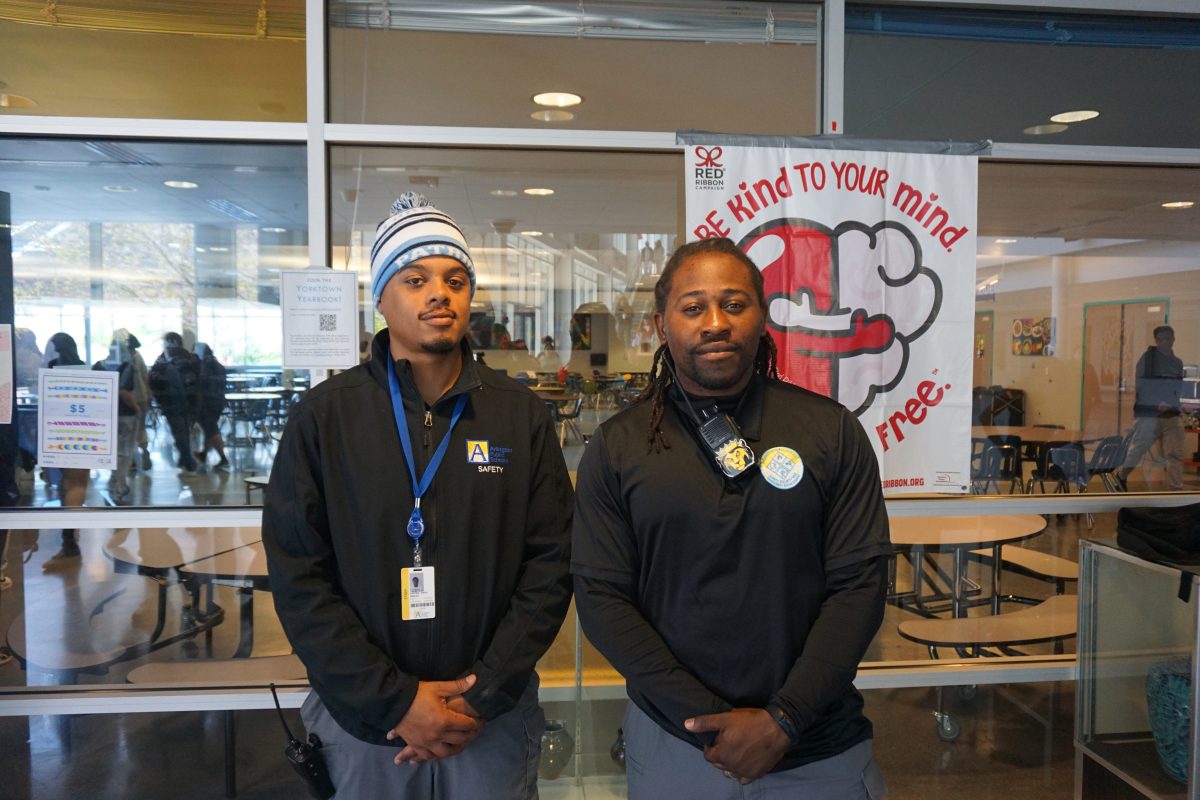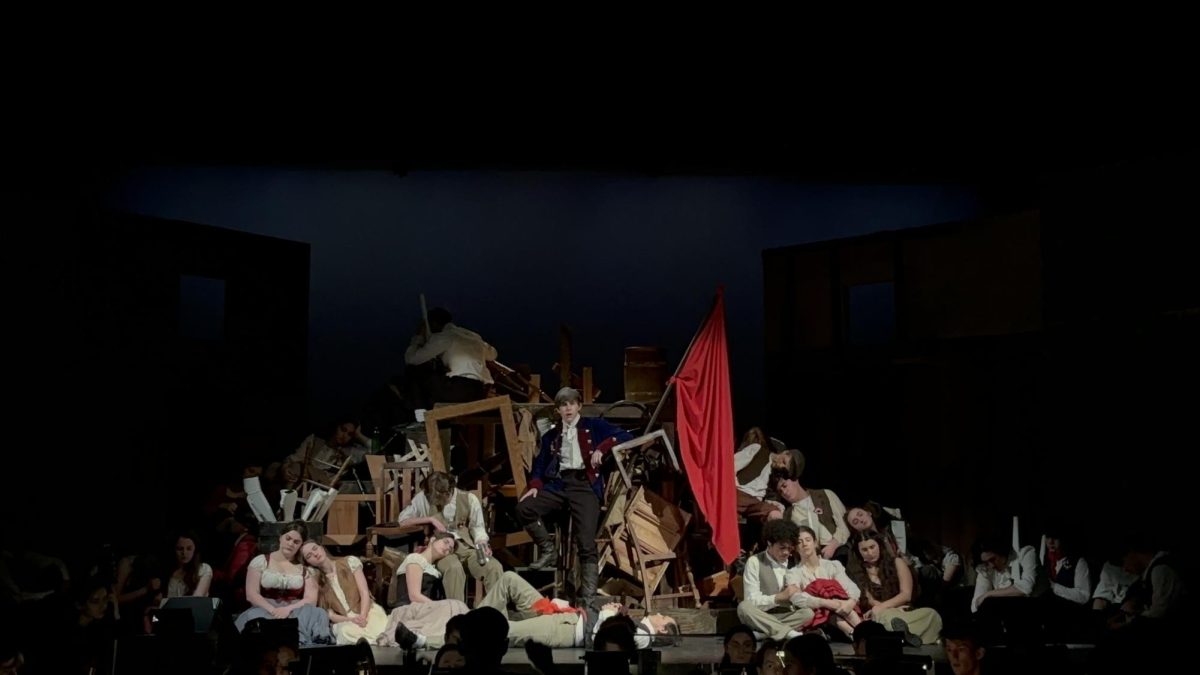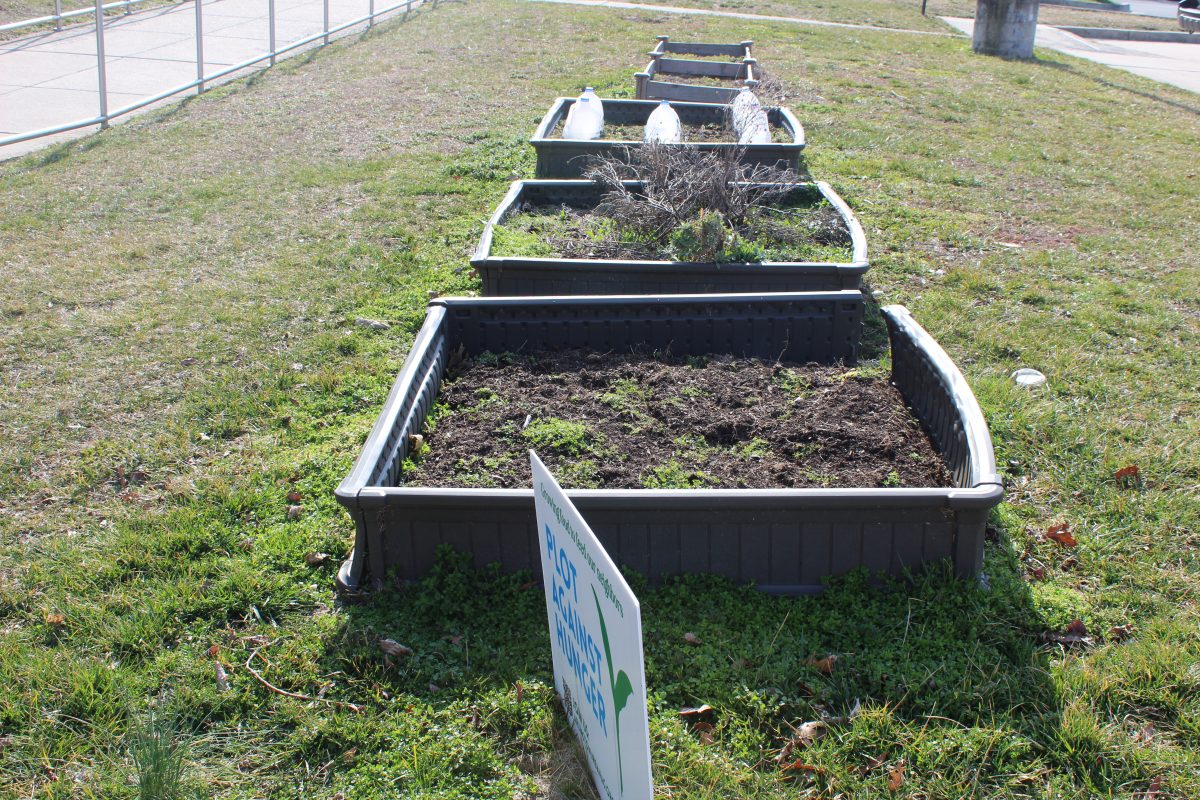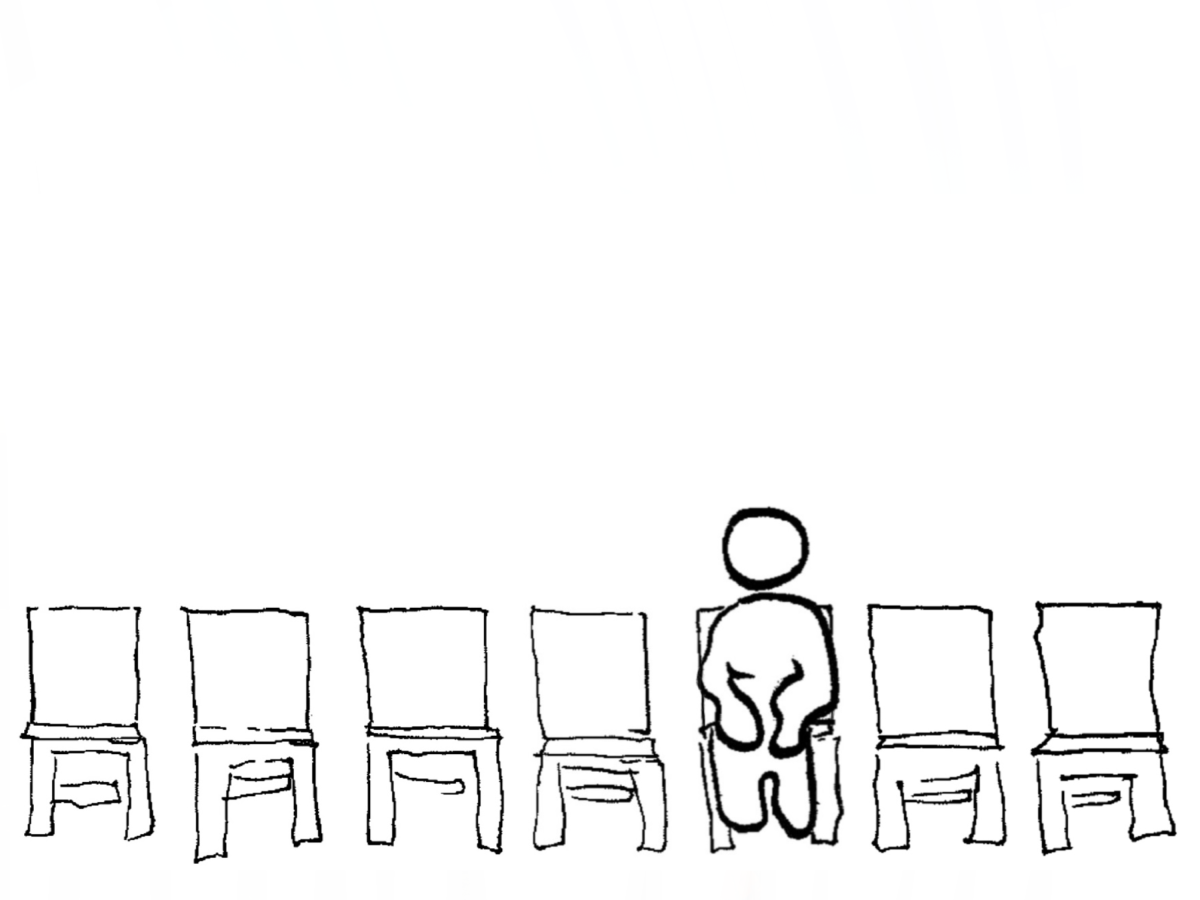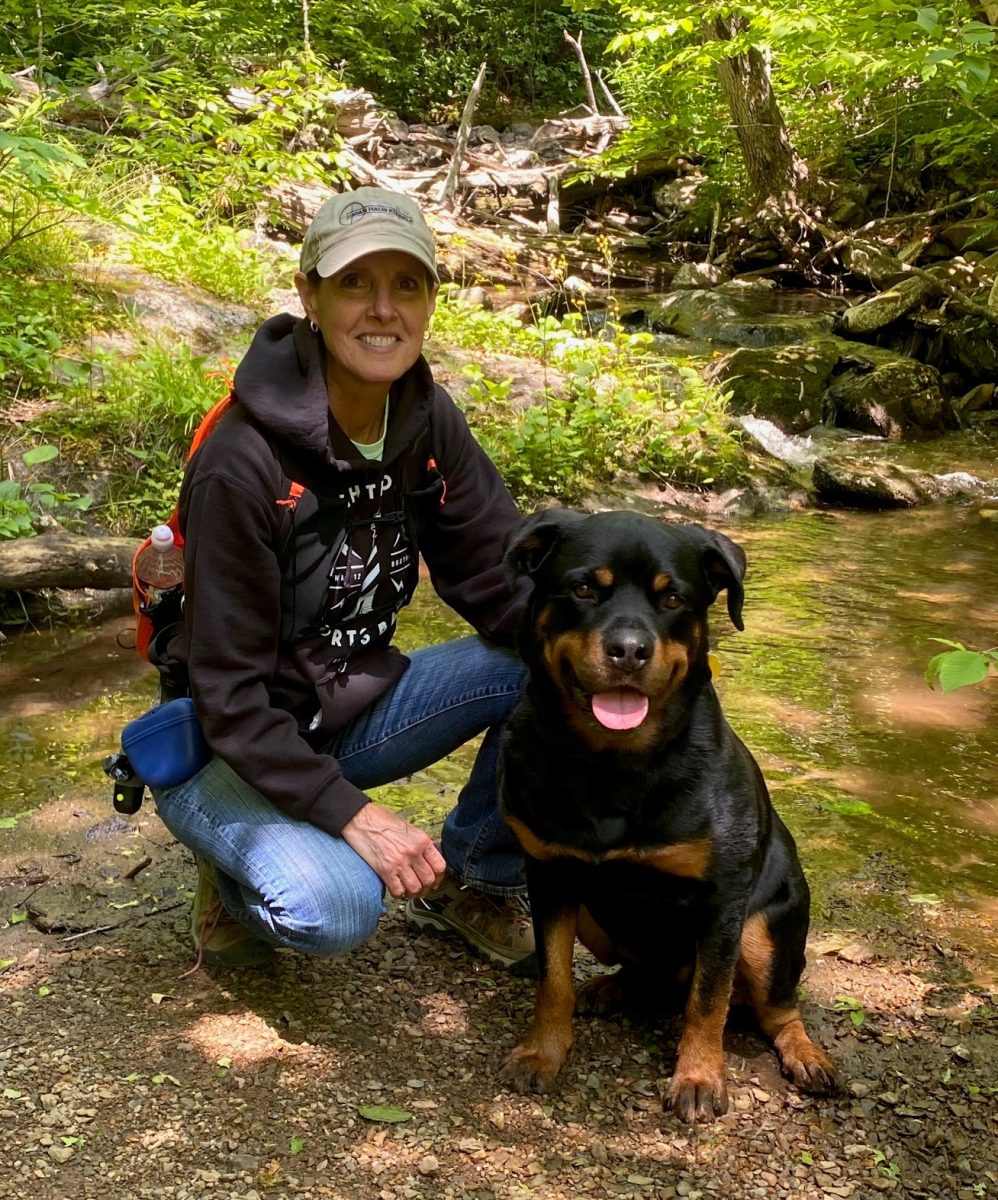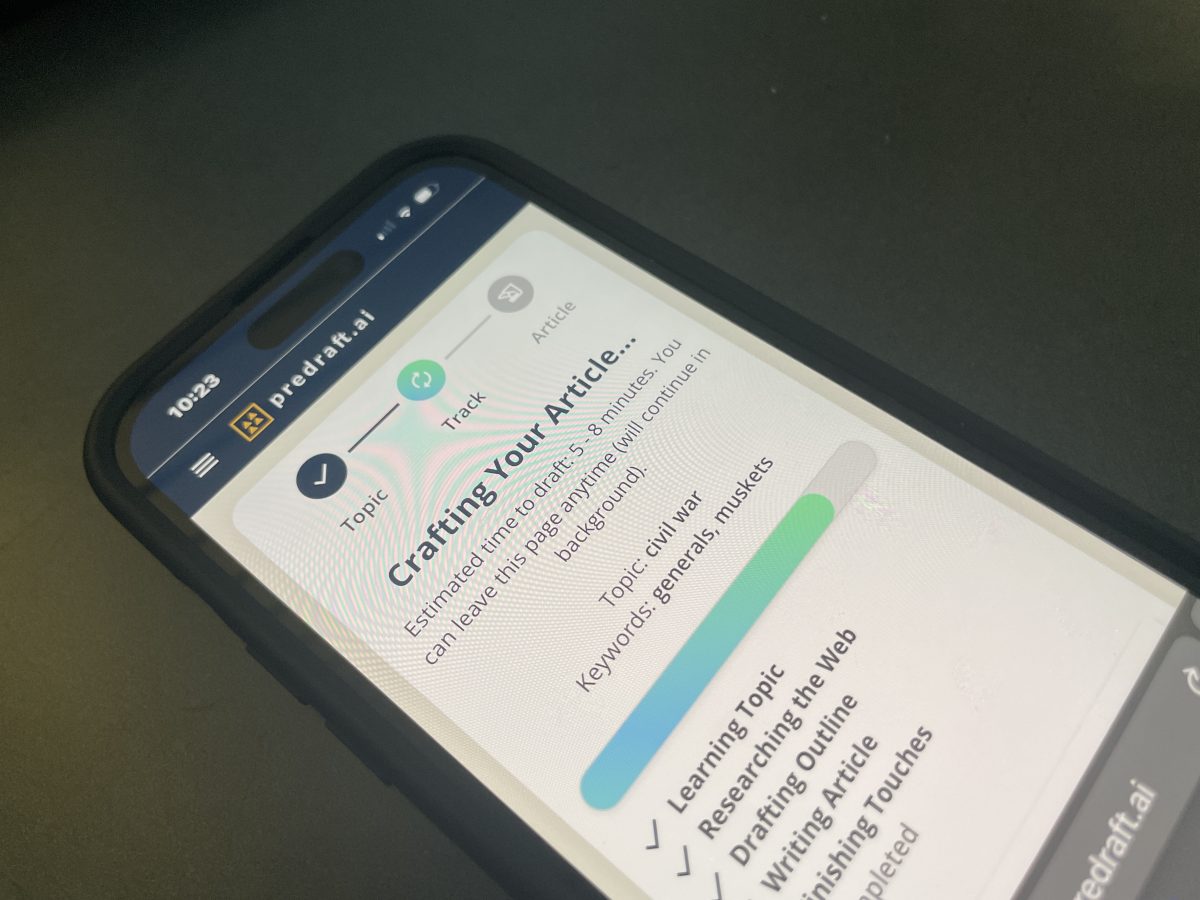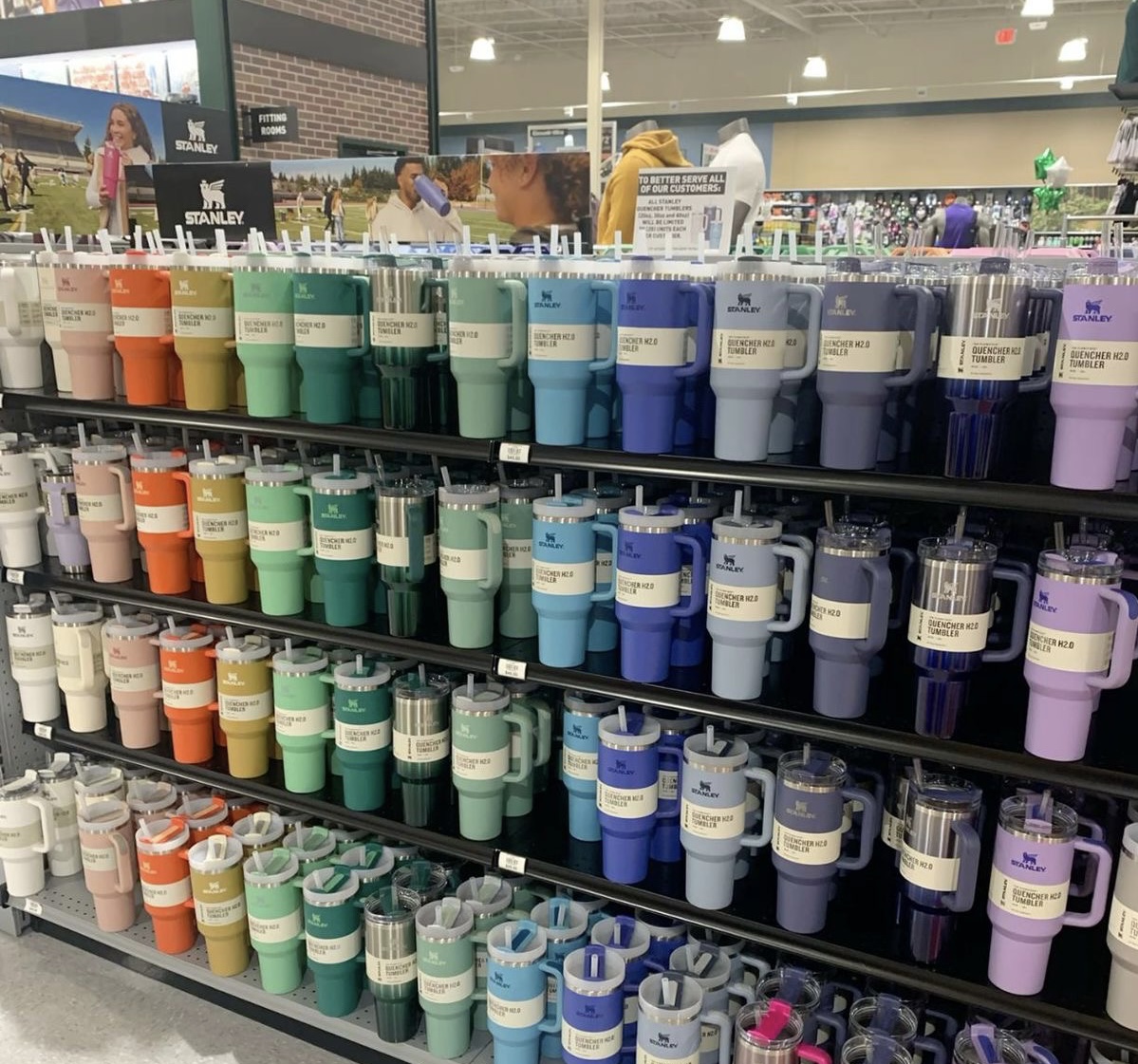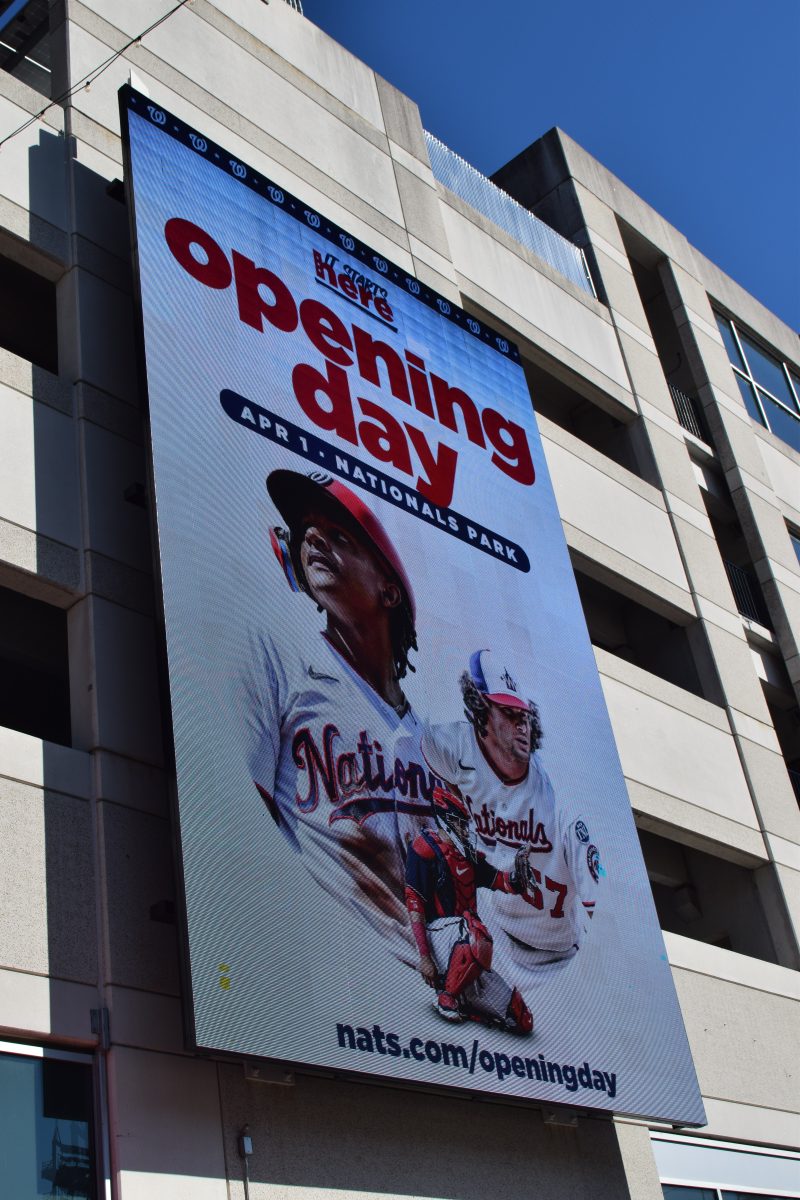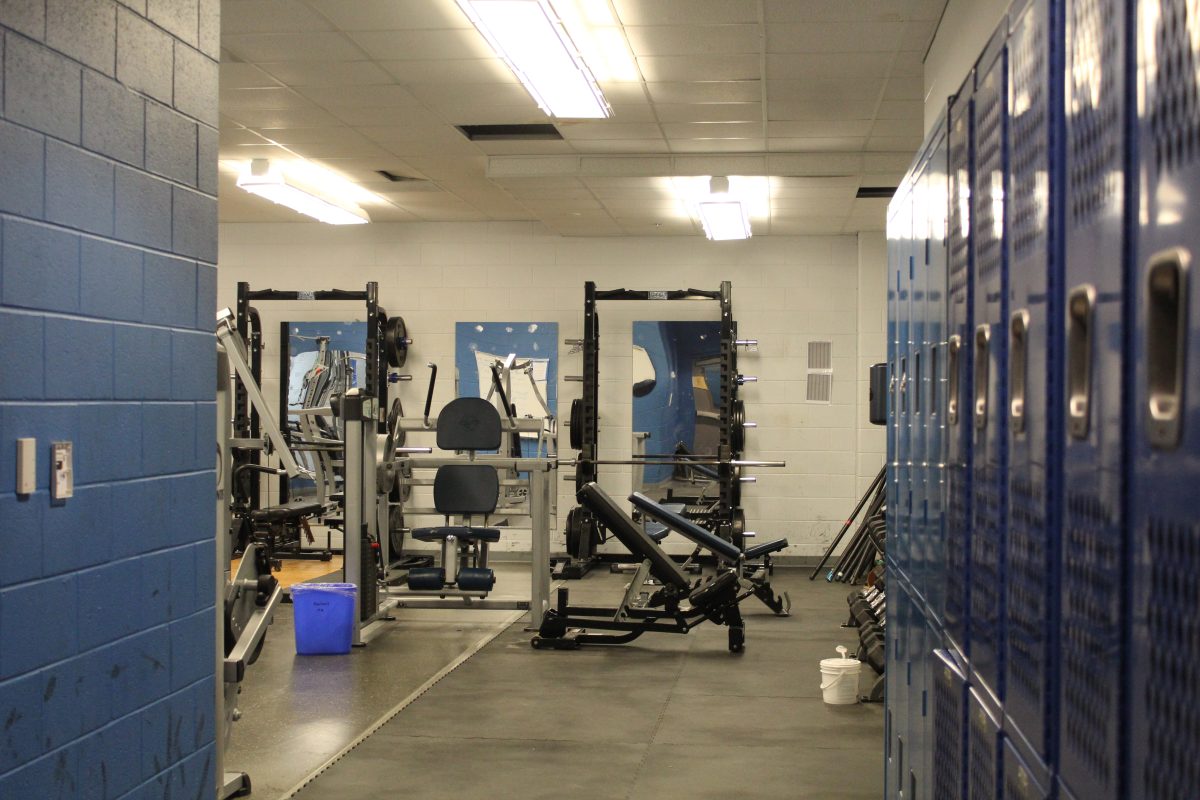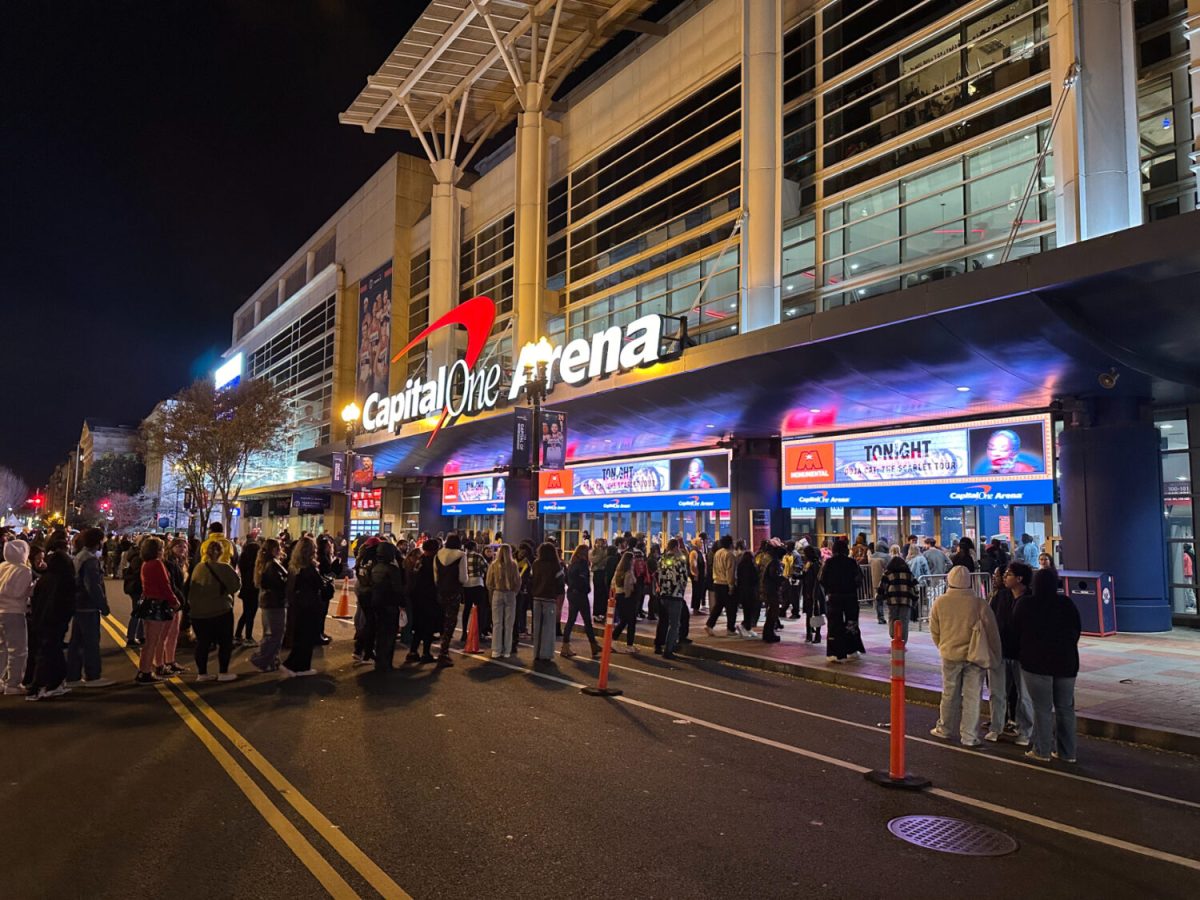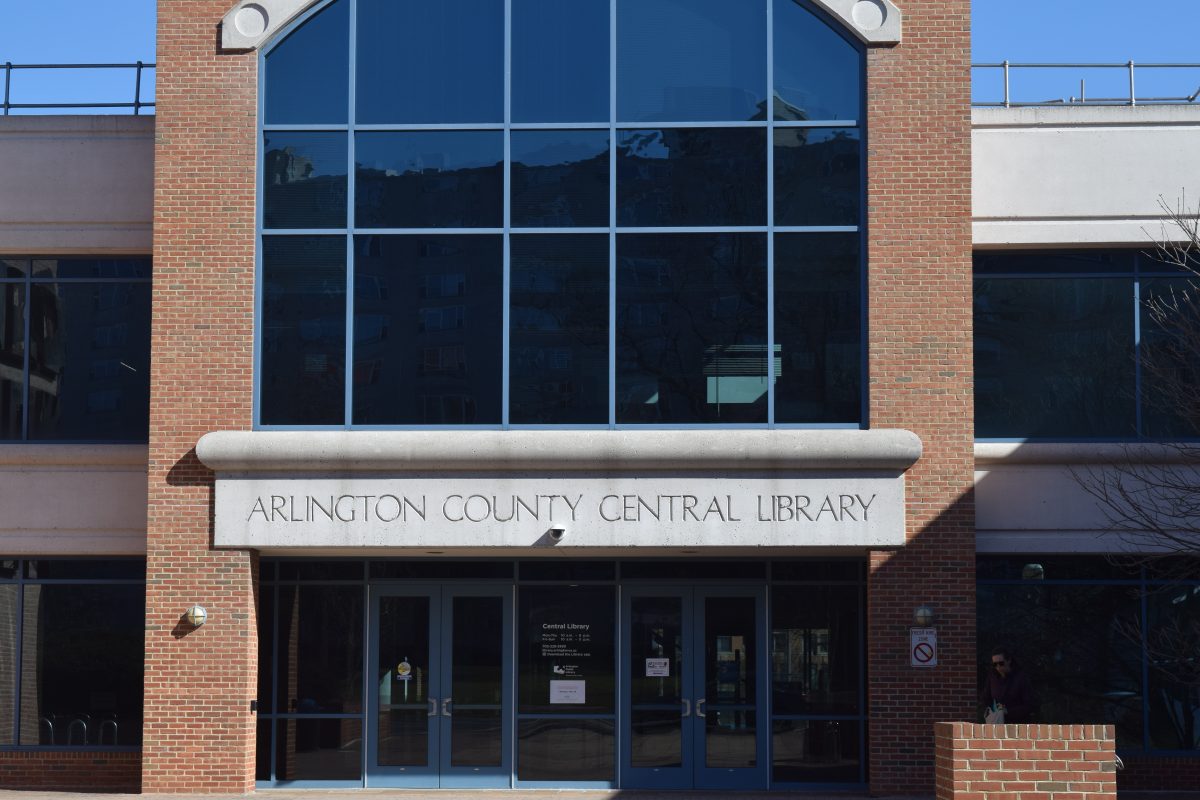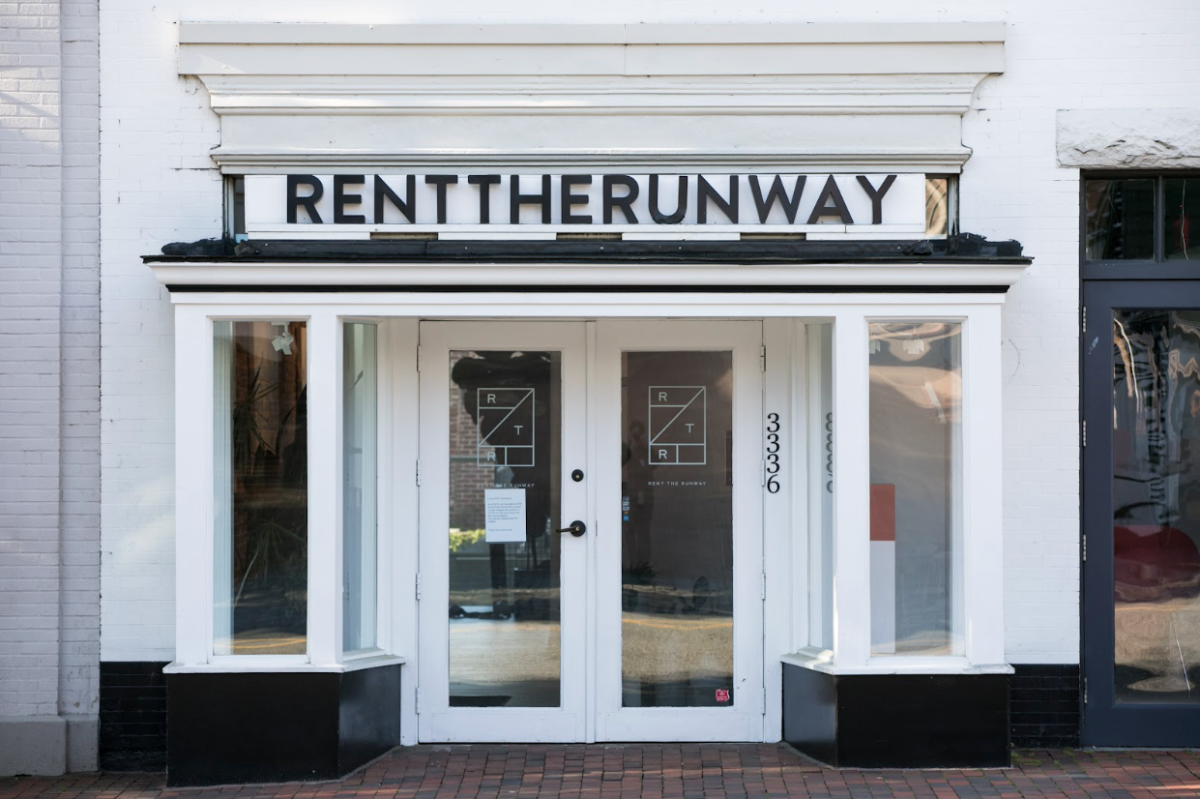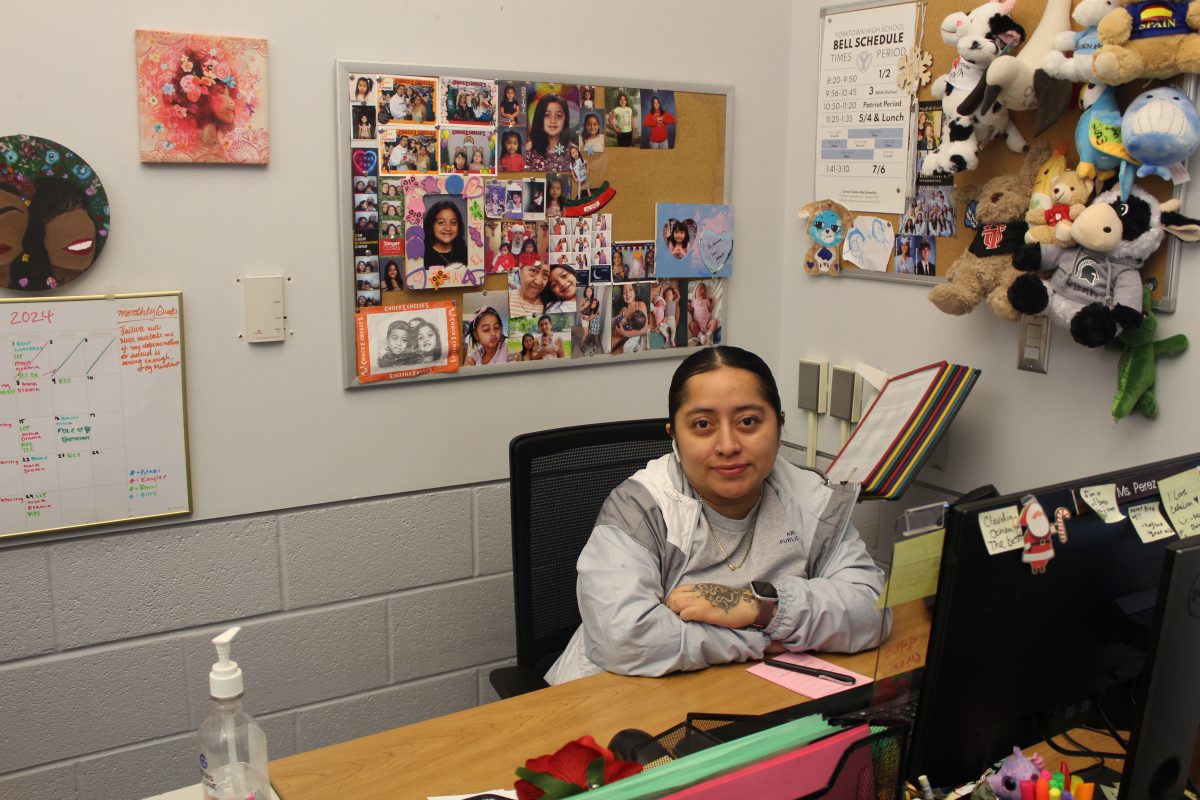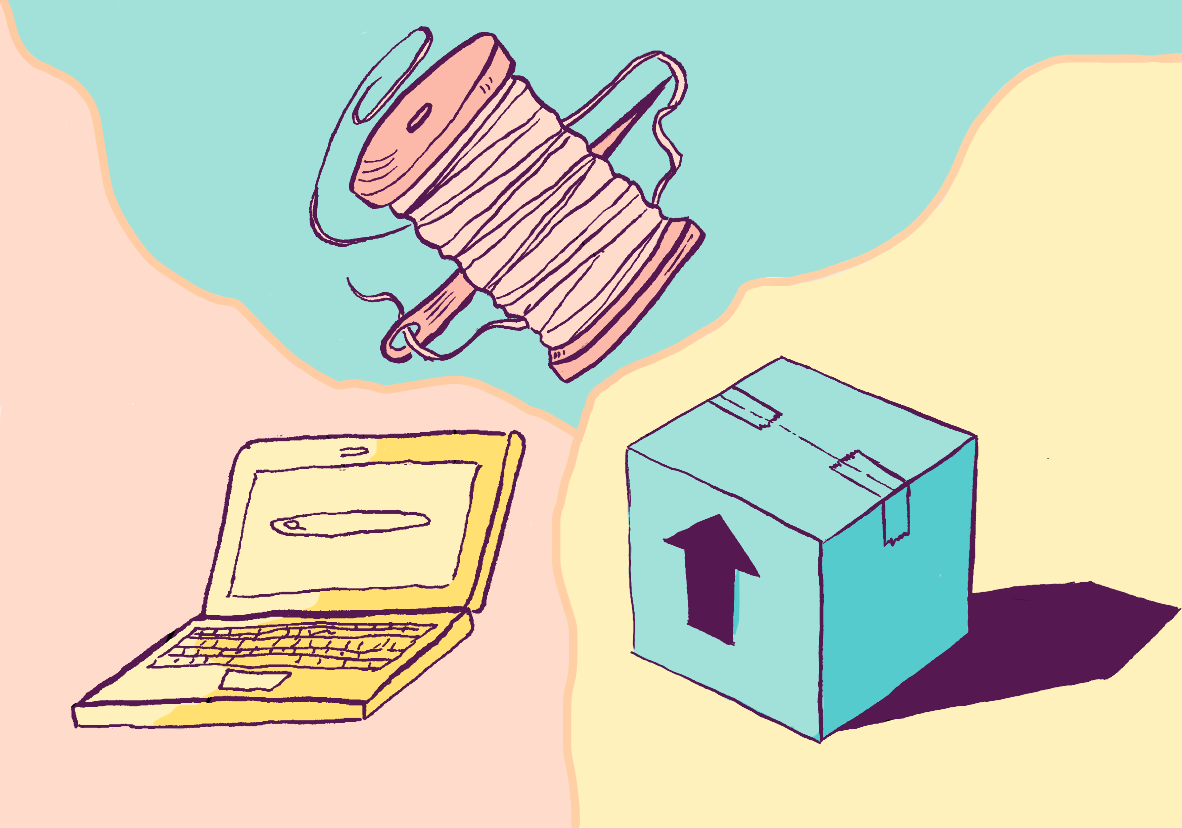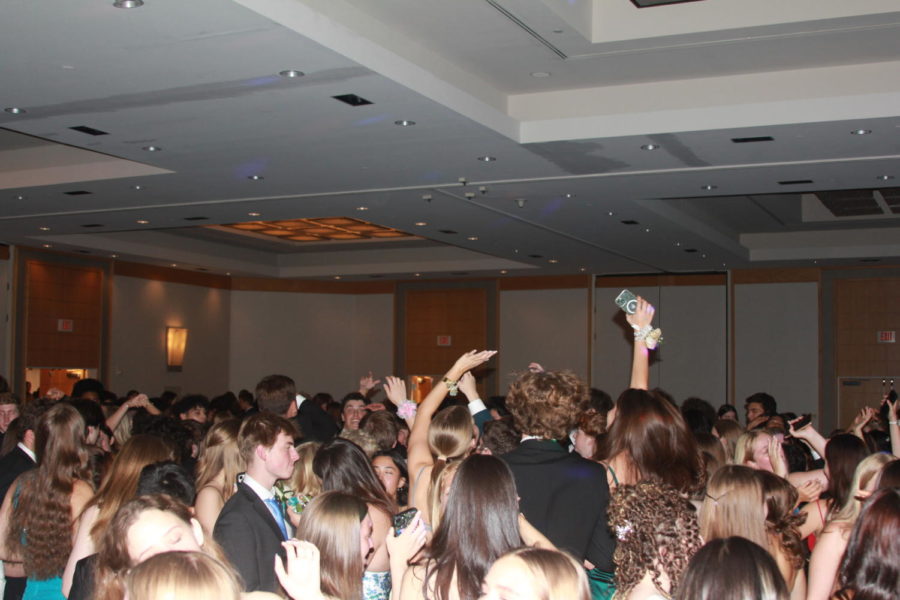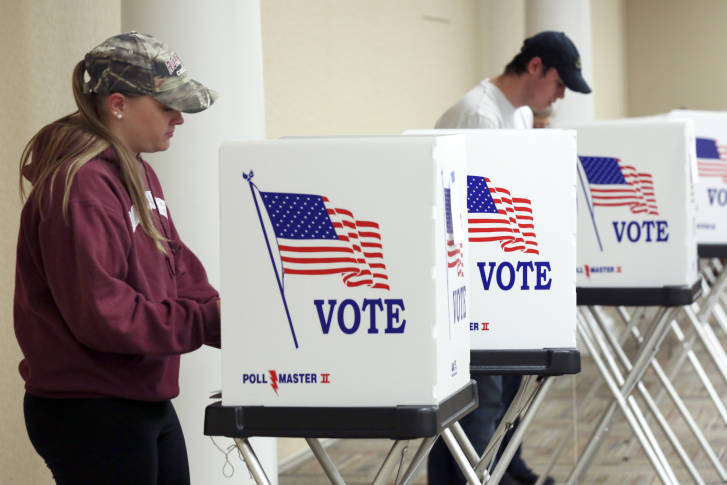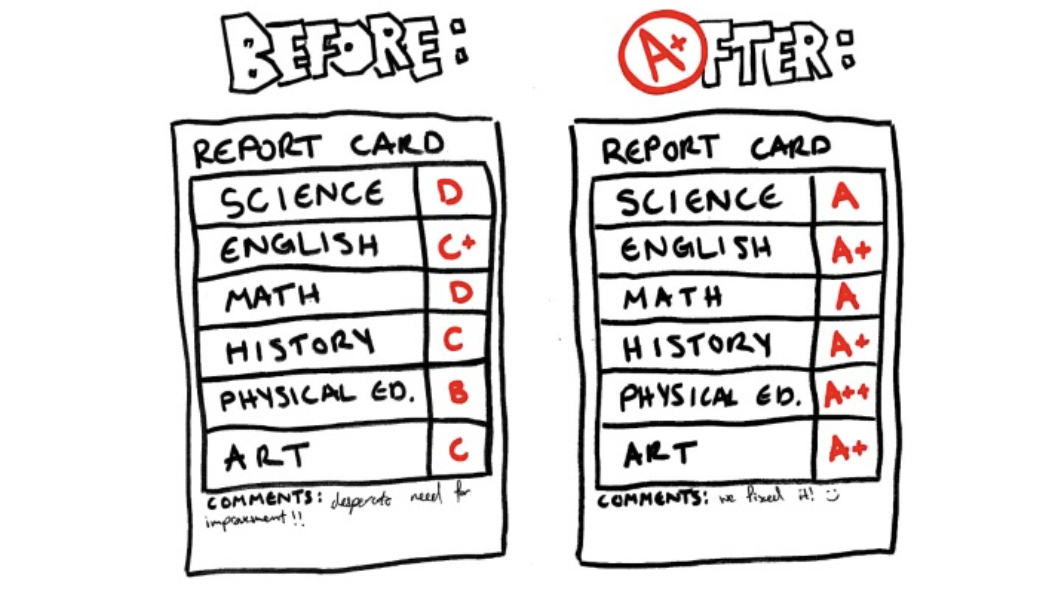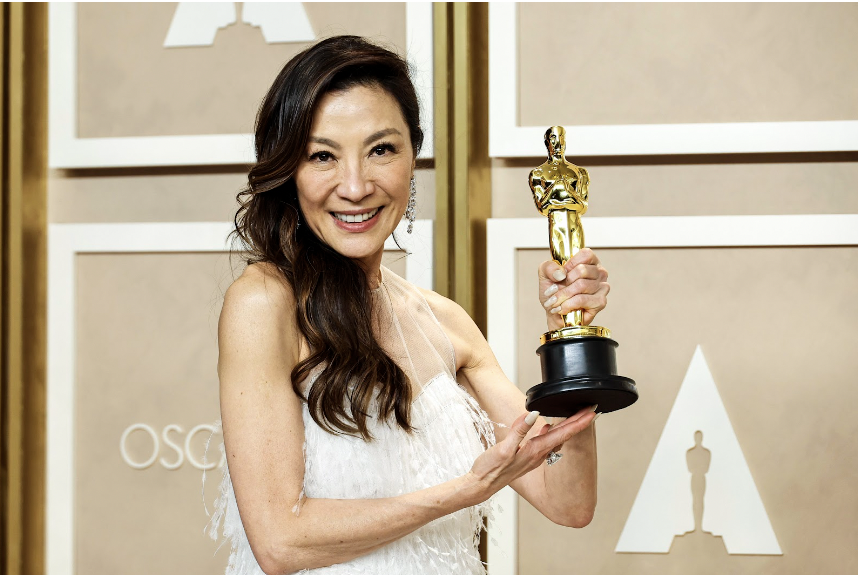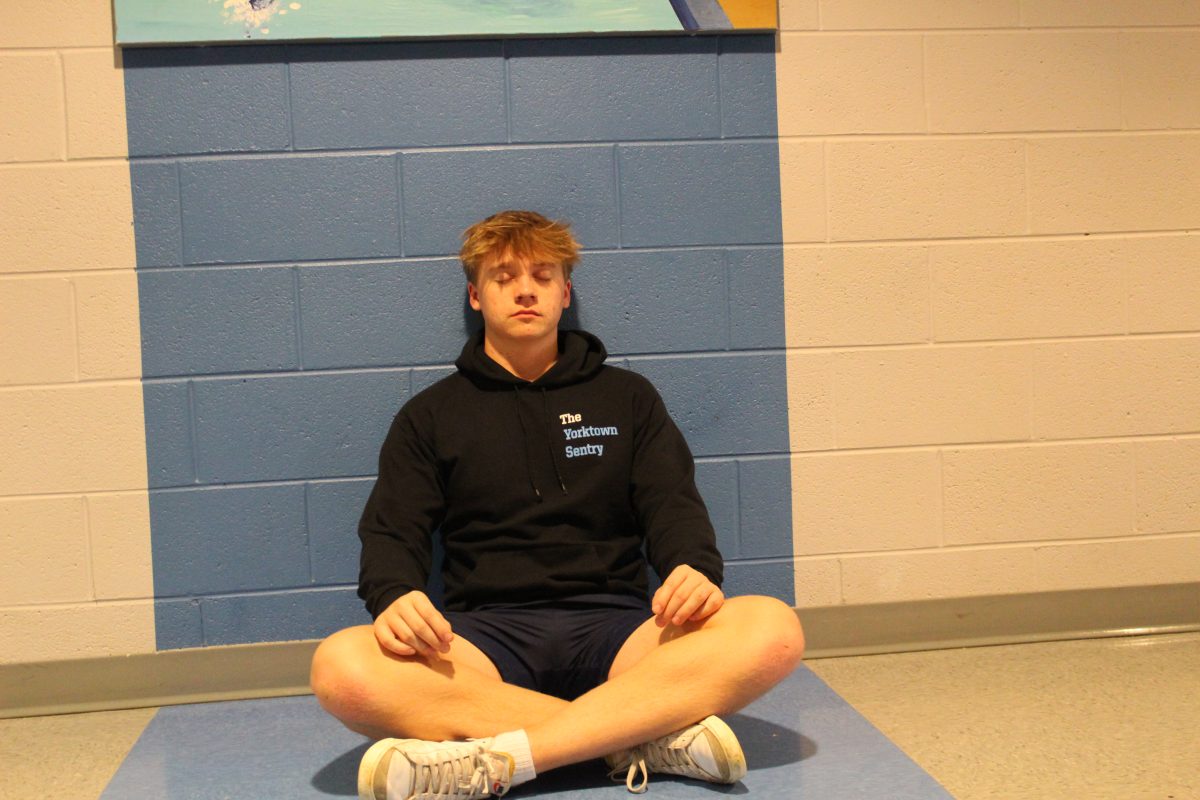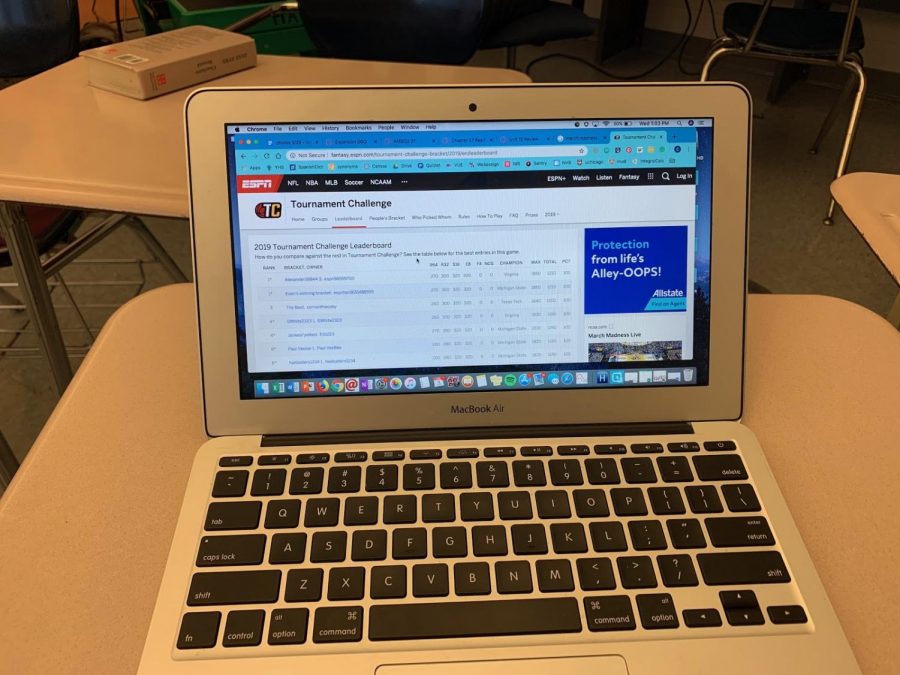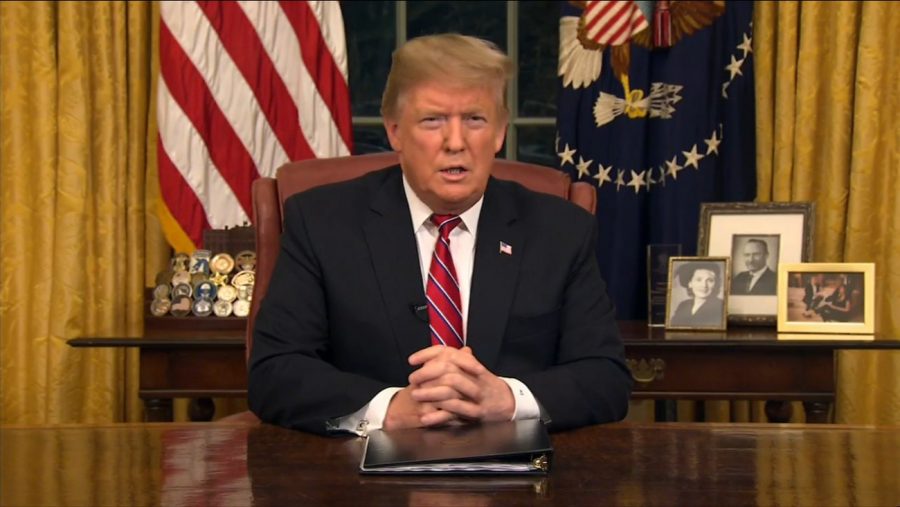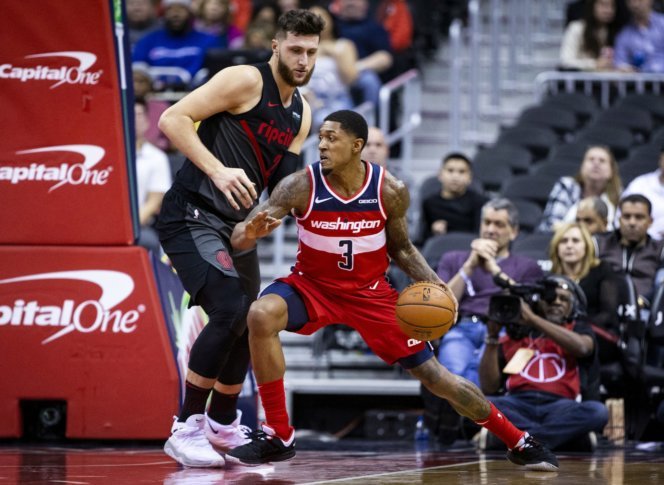In the District of Columbia (D.C.), a new law has been proposed to lower the voting age to 16 for both local and national elections. The law has the support of Mayor Muriel Bowser and the majority of the D.C. Council. Support for a law such as this has largely originated from recent student-led demonstrations and school walkouts across the nation to promote gun law reform in the wake of the Marjory Stoneman Douglas High School mass shooting. Similar legislation has been passed in three jurisdictions in Maryland, except only to vote in municipal elections. The city of Berkeley, California also allows 16 and 17 year olds to vote in school board elections. If passed, the new D.C. law would be the first in the nation to allow 16 and 17 year olds to vote in national elections.
While youth activism and involvement in politics is a long-standing tradition throughout world history and is essential in any healthy democracy, the age of 16 is too young to vote in national elections that affect the entirety of the nation. By 16, most teens have not had enough time or experience to formulate a truly comprehensive political view that will account for all possible national ramifications. This is not to say that most adults have well-developed and inclusive views that account for all sides of an issue, but those ages 18 and above have presumably had more real-life experiences that allow them to make more informed decisions based upon the actual needs of the country as a whole.
The defense of legislation to extend voting rights to 16 year olds can find its primary support in recent student-led political demonstrations for gun law reform. Protest movements like the March For Our Lives in D.C. and national walkout days such as the one on April 20, the anniversary of the Columbine High School massacre, have shown that today’s youth is passionate and motivated to enact change in our society that they see will be for the best. With heightened political polarization in today’s society, teens have also often been thrown into the political arena sooner than generations before them. This has given them more time to be politically conscious and follow the news as well as begin to cultivate opinions based off of world events.
The rise in student activism and political awareness as of late is a great indicator of political action in the future and a sign that the next generation is more than just empty words. However, the movements that have arisen could be seen as reactionary and, after time has passed, the issue that was once spiritedly fought for has been forgotten. Instead of changing the voting age to 16 for national elections, the age should be changed for state elections. This way, young people are voting for what will most directly affect their lives in elections such as those for the state House and Senate, School Board and possibly the U.S. House of Representatives and Senate as well as state Governor. Teenagers will also begin to develop sustained political involvement as they will have a chance to vote on a regular basis on issues that they will be more familiar with and have a connection to instead of dealing with broader national matters that they are lesser related to. Through beginning voting at a younger age on a lower, more local level of politics, teenagers will develop into regular voters at 18 who will be better adapted to the election process instead of having the entire weight of a national election immediately put on them at 16.
A political system that incrementally introduces civil responsibilities will have more sustainable success than a system in which all responsibility is applied at the same time. If time is given for teenagers to familiarize themselves with voting, they will be more prepared to make informed decisions at the ballot box. Voter turnout will also increase from the consistent and long-term political involvement that will develop. Regardless of voting rights, young people must continue to be politically involved and active citizens who hold their government accountable as well as promote beneficial change in society. At any voting age, it is necessary to account for all sides of an issue and be able to make an educated choice on what they feel is the best for the country.

